Jasmine Birtles
Your money-making expert. Financial journalist, TV and radio personality.

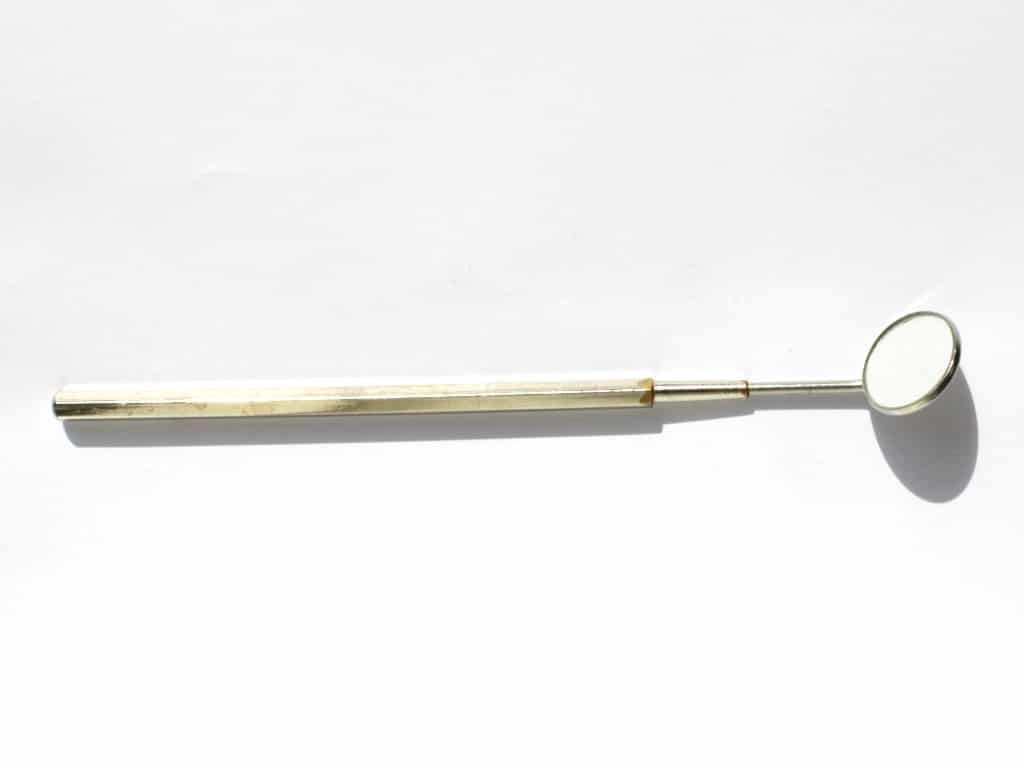
It’s becoming harder and harder to find a dentist practice offering treatment on the NHS. If you’re worried about the dental costs then those can still be reduced. We explain NHS dental treatment and ways to save money on your dental care, so you won’t be needing any contributions from the tooth fairy.
Since 2006, NHS dentists have been paid according to a three-tiered payment structure, rather than getting a set salary. They get a set NHS fee for work in each different tier. However, this doesn’t really take into account whether the procedure is complicated or pretty simple. As a result, dentists are paid the same contribution from the NHS for major dental surgery, such as root canal, as they are for pulling out teeth.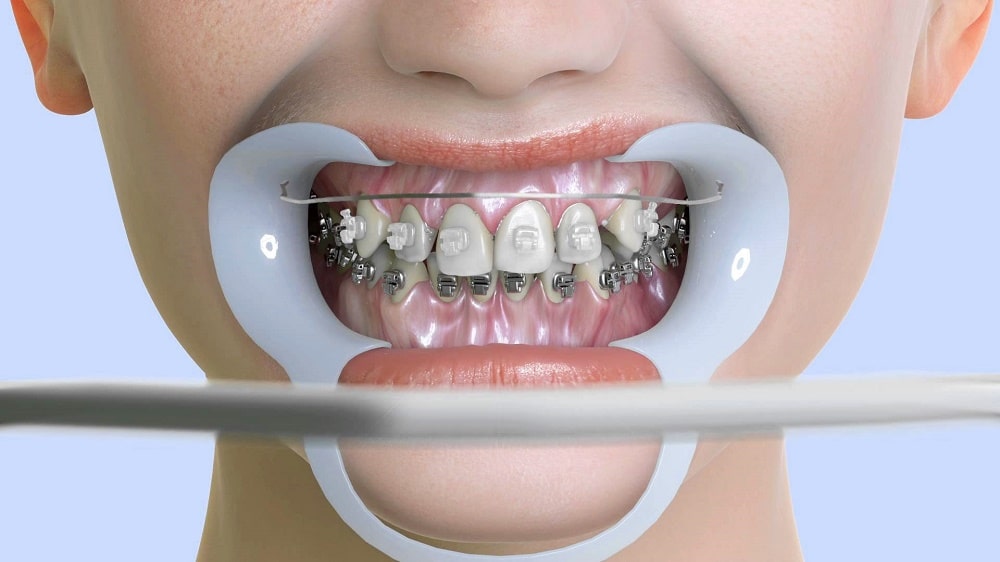
The discrepancies in time and effort mean lots of dental practices are scaling back the NHS treatment they offer in order to concentrate on private work, which they can price individually according to the amount of work involved and then generate bigger profits. This is why it’s becoming increasingly difficult to find NHS dental clinics who provide lots of NHS treatments.
However, to confuse things even further, the three-tiered system is only in place in England and Wales.
In Scotland, there is some free dental care. Check-ups and examinations are free. However for other treatments, Scots pay 80% of the cost of treatment up to a maximum of £390. That is, unless they meet qualifying conditions, such as being pregnant or on income support. If that is the case, then there will be no dental costs.
In Northern Ireland the situation is the same as in Scotland – except basic dental check-ups are not free (unless the patient meets certain qualifying conditions, such as being in full-time education or on income support).
But there’s no point moaning about it as it doesn’t look like it’s going to change. The costings go like this:
It’s not accumulative, so you won’t pay more than £282.80. That’s still the case if you have a check up, a filling and a bridge in one go.

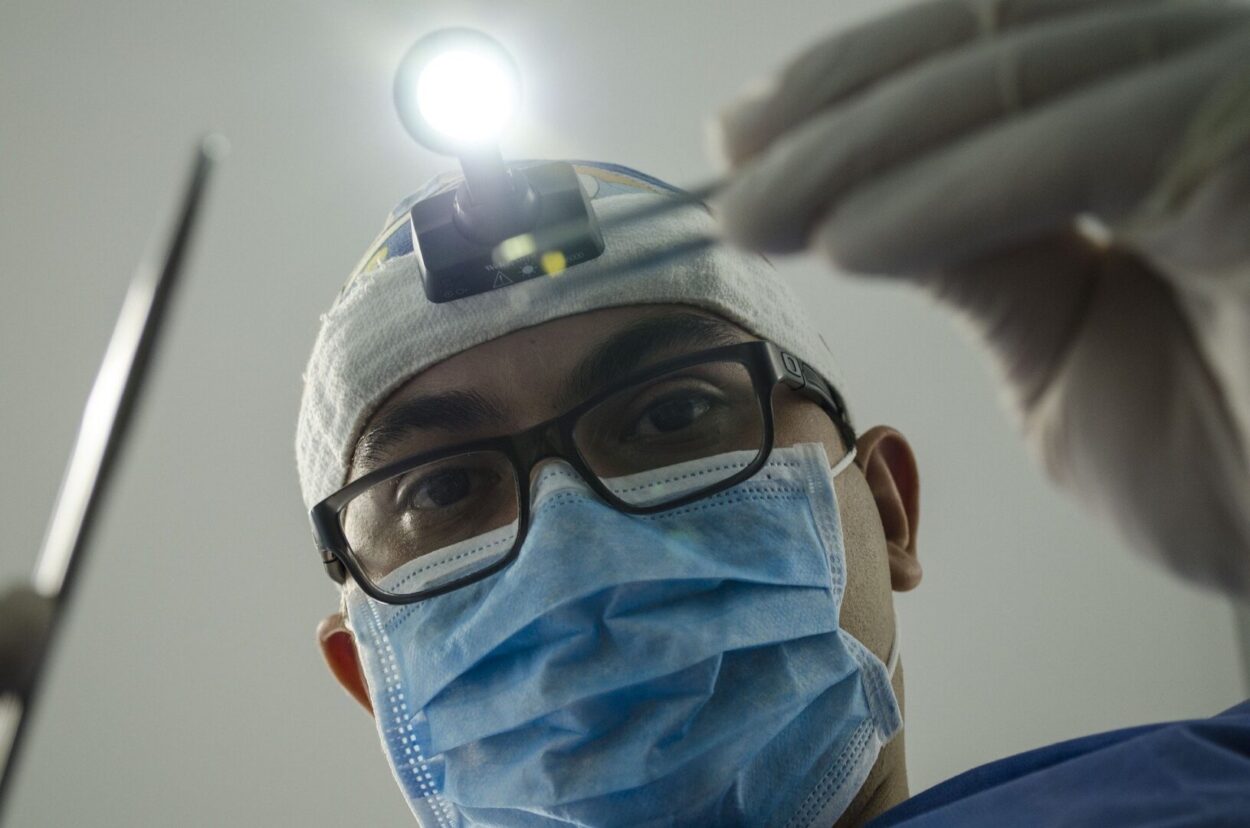
For some people, even with the three tiered charges, treatment on the NHS is free. If you are under 18, under 19 and in full-time education, pregnant or had a child in the last 12 months, receiving certain benefits or on a low income, then you can get free dental care on the NHS. New mothers, for example, could qualify.
This only covers oral health, so you won’t be able to have any cosmetic procedures like teeth whitening and if you’re getting a filling, you’ll have to get the silvery blackish amalgam as the NHS won’t fork out for white fillings. You can check out the full breakdown of the teeth treatments that are free on the NHS HC11 form.
Those who do not fit into the above categories have to pay according to the three tiered system of charges or you can opt for private care. But, lots of people do qualify for free NHS dental care, so it’s worth checking if you do.
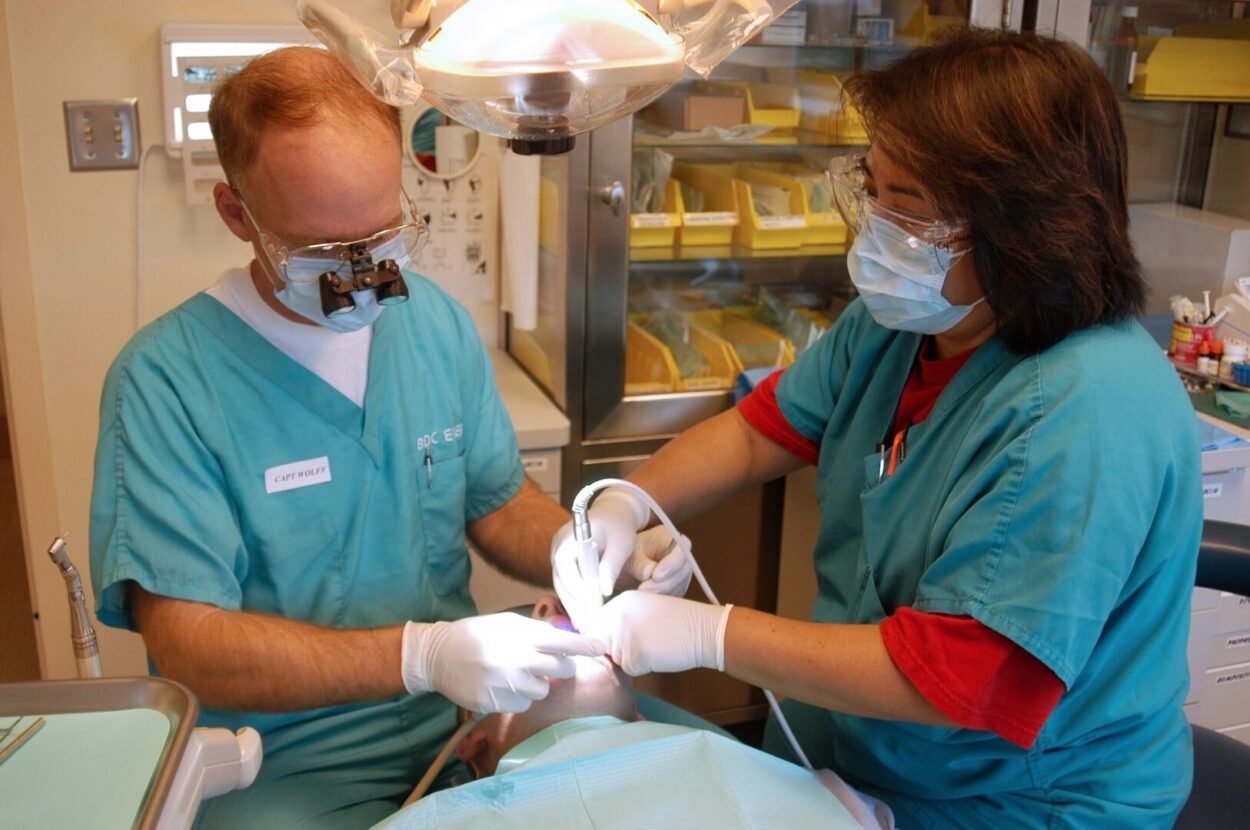
There are a couple of ways to save money on private dental care, although essentially, having a dentist you trust and know is good is more important than shopping around for the cheapest treatments. If you do really want to reduce the costs you can consider two options:
Lots of people are now choosing to go abroad for dentistry, which even with the cost of cheap flights and a hotel can work out cheaper than getting it done at home. European countries such as Hungary are popular. If you are going to go for this option, remember to do your research properly. Don’t just look at where you can get the cheapest flight, hop in a taxi at the airport and ask them to take you to the nearest dental practice. Have a look on the internet, check out some forums and generally find out where you’re going to go, how much it should cost and have a look at any testimonials from other patients if possible.
If you do opt to go abroad, remember to check the qualifications of the dentist who will be treating you and make sure they are properly registered.
If you’re more inclined to stay at home then a great way to get cheaper dental care is to go to one of several dental hospitals in the UK that offer treatment by students. It’s not unlike going to a swanky hair salon to get your hair cut by a student: it will probably take a bit longer than normal, but you won’t have an unsupervised student unleashed upon your teeth: all the students are under close supervision from senior dental staff. Each hospital will have its own individual rates and booking system so contact your nearest one to see exactly how much you can save.
You can find a list of dental hospitals with teaching sections at this website.
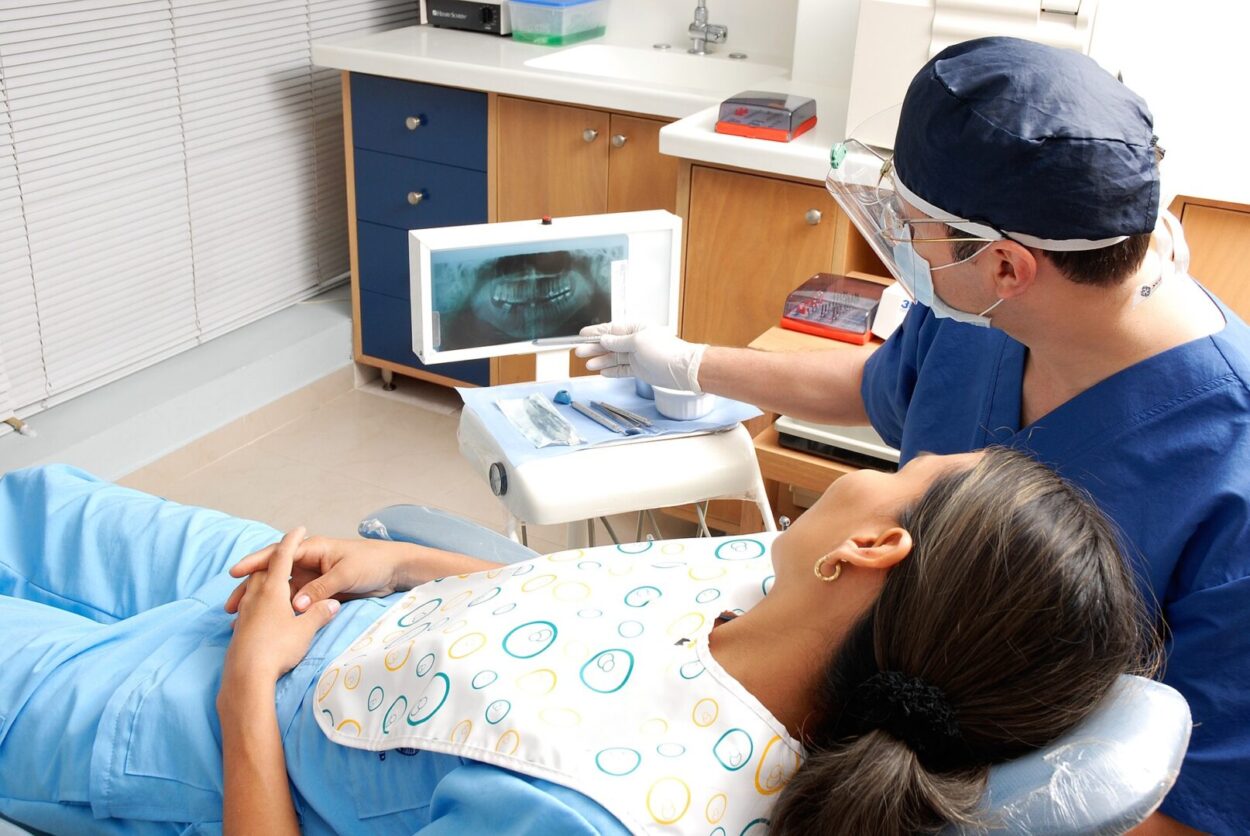 Dental insurance is the way to potentially save money whilst staying with your preferred British dentist. There are two types of plans that will help you with your dental costs:
Dental insurance is the way to potentially save money whilst staying with your preferred British dentist. There are two types of plans that will help you with your dental costs:
Dental cash plans are insurance plans that you pay a small contribution into monthly. If you then need any dental treatment, they will make a contribution towards your costs. It differs from dental insurance as there is a maximum annual allowance for dental costs. But, if you exceed that amount, you’ll have to pay for the total cost.
Also, some companies will only pay out up to 50% of each bill. If that is the case, you will have to pay the other half yourself. However, it can end up saving you a lot of money in the long run, if you need a lot of dental work done.
You can get a dental plan without a dental exam and many will cover treatment for prior conditions. The amount of cover you receive, and the dental work it covers, will vary according to what company you have your plan with and the amount of your contributions.
These are a different kettle of fish. Firstly it’s more expensive than a dental cash plan. This is because dental cash plans are designed to help you with normal dental costs. Therefore, any serious dental work that you require will exceed the annual limit. However, dental insurance will cover larger costs and as a result the premiums are more expensive.
But in order to get dental insurance you have to have a pretty good set of teeth. Furthermore, often you’ll have to provide a dental evaluation to prove it. They also rarely cover orthodontic work, dental implants, cosmetic dentistry and unless you were wearing a mouth guard, sporting injuries. They will cover most other things, like check ups, toothache and regular dental work like fillings and x-rays.
Dental insurance is gradually becoming more popular. There are a lot of different plans out there. Most of the cover you get will vary on factors such as how many of you there are.
Because of this it’s difficult to say which the best policy is. Some of the main contenders are SimplyHealth, Bupa, Denplan and WPA. But it is well worth shopping around to make sure you get the best deal on dental costs. If you want more general medical insurance, private medical insurance may be the way to go.

Some very good information.
Save lots of money on your dental treatment. SAVE UP TO 70% Tunisia is quickly becoming a major destination for dental tourism. Attracted by unbeatable savings of up to 70% on UK costs, tourists can also enjoy fantastic weather, beautiful beaches, fascinating local culture and a range of hotels to suit all tastes. At the Avicenna Centre, we pride ourselves on our top-quality customer care and dental treatment. All customers benefit from our 5-star service package which includes pre-trip advice on UK flights, a hotel-booking facility, free airport transfers once in Tunisia and chauffeur service to all dental appointments Your… Read more »
Hi. Just to update you on the first band of dental cost, it is now £16.50 as of 01/05/09 and think the other two bands have gone up as well.